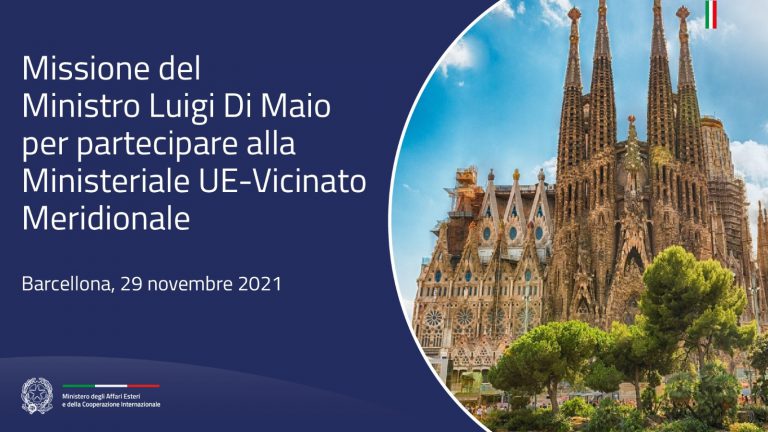Minister Paolo Gentiloni, we have Europe’s “yes” on the naval expedition, but also a “no” from some countries to the obligatory quota system for asylum seekers. As foreign minister, what’s your view?
«Positive, about the decisions taken. The mission urged by Premier Renzi and ruled on by the European Council of 23 April was set up rapidly, not in “Brussels time”, with the command entrusted to Italy, based in Rome. Of course, some public declarations on the quotas have been less reassuring, but the decision will be taken at the 15 June Council of Interior Ministers».
What are the stages of the European mission?
«The first phase, planning and intelligence gathering on the ground, began with the recent meeting of army chiefs of staff in Brussels. Each country will discuss with the Italian command which “assets” to make available. It will then fall to the European Council to decide when to move on to the following stages whose objective will be to “identify, capture and destroy the vessels before they are used by migrants”. While not directly dependent on one, the European mission will take into consideration an eventual UN resolution».
The text may not be the one that is needed…
«In essence, the text drafted by Italy and presented by the United Kingdom, which garnered the consensus of the European countries and the Security Council, a highly advanced dialogue with the United States and one recently launched with Russia and China, is based on Chapter 7 of the UN Charter on the use of force. There are two delicate points. The first is the reference to military action, which is not a prelude, does not conceal and does not imply the intention to take military action in Libya, which some Security Council members would not accept and which no one has in mind, but rather actions exclusively aimed at confronting the vessels before they are used by migrants. The second point concerns ongoing efforts to agree on the terms of a request by the Libyan authorities, starting with those of Tobruk, which have been recognised internationally».
France is responsible for the destabilisation of Northern Africa, having pushed for the war on Gaddafi; now it is trying to get out of the quotas. Are you disappointed?
«I am hoping that the reawakening of the European conscience after the tragedy in early April does not turn out to be a fleeting one. We intend to do our part with strength and with calm. A principle of solidarity has taken hold in recent weeks; let’s hope that it hasn’t just been momentary flame doused by a sea of egoism».
In compensation, we have Germany’s support.
«Germany’s collaboration has been exemplary, not only in terms of asylum seekers but also of common cooperation projects with the migrants countries of origin, particularly those in the Horn of Africa from which 37% of the migrants arriving on our coasts are coming. The migration phenomenon will not go away with the wave of a magic wand. We have to share reception, search and rescue operations at sea, confrontation of smugglers and their boats and interaction with countries of origin».
ISIS has retaken Ramadi, in Iraq. Did we do enough to defend it?
«Ramadi reminds us that, despite the many successes in Iraq, the challenge remains. We have succeeded in taking back 30% of the territory controlled by Daesh one year ago. But the conquest of Ramadi after 18 months of siege, thanks to a mix of terrorist and military efforts, is going to have major propagandistic repercussions. We have to show the Iraqi regular army forces how close the anti-Daesh coalition is to them. The response cannot only come from the Shiite militias. Their contribution is essential, but that of the regular Iraqi military forces and the Sunni community remains fundamental, and we cannot just give that away to the terrorists. The coalition, which will be meeting in the coming weeks in Paris, must continue to demonstrate its capacity to strike on the ground in actions such as that which killed Aby Sayyaf [ISIS-appointed Oil Minister, editor’s note]. All illusion and underestimation of the adversary must be avoided».
How do you view the new foreign policy of Pope Francis?
«The messages and contributions from the Pope have been extraordinary in confronting crises like the historic standoff between Washington and Havana. It is increasingly global the profile that a Pope who came from so far away is giving to the Church of Rome».


